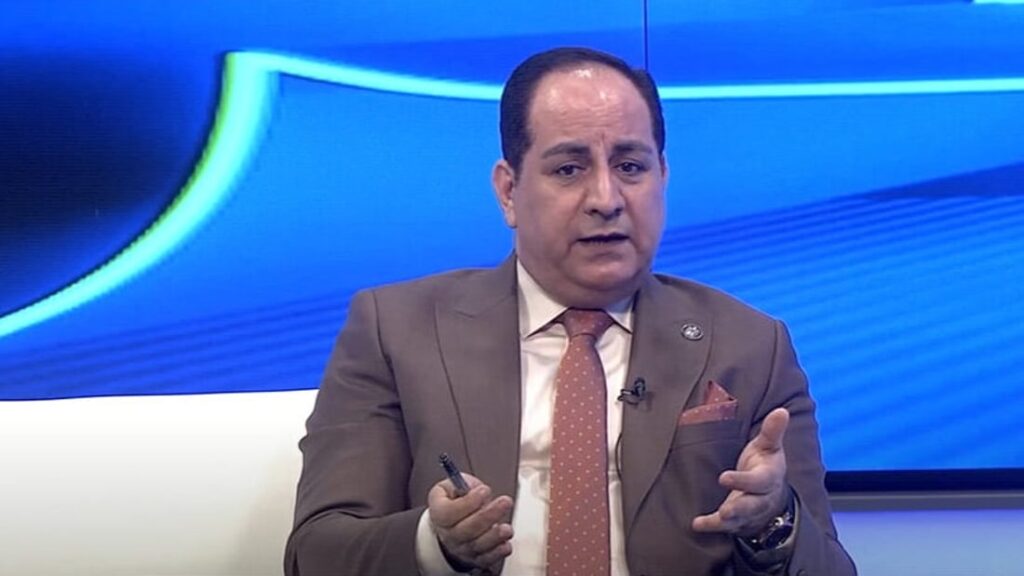World: Committee on the Rights of Persons with Disabilities closes its twenty-second session

Adopts Concluding Observations and Recommendations on the Reports of Albania, Myanmar, Ecuador, India, Greece, Kuwait, Iraq, El Salvador and Australia
The Committee on the Rights of Persons with Disabilities today closed its twenty-second session after adopting concluding observations and recommendations on the reports of Albania, Myanmar, Ecuador, India, Greece, Kuwait, Iraq, El Salvador and Australia, which were considered during the session.
The concluding observations and recommendations will be available on the session's webpage on Tuesday, 24 September.
Michelle Bachelet, United Nations High Commissioner for Human Rights, opened the session on 26 August and stressed that, to fulfil the promises of the 2030 Agenda, the international community needed to accelerate action – including on disability issues.
The Committee adopted its provisional agenda for the twenty-third session and its report for the twenty-second session, which was presented by its Rapporteur Amalia Gamio.
A representative of the International Disability Alliance expressed the highest appreciation for the Committee's tireless work and urged it to be even more vigilant of any possible setback in the implementation of Convention on the Rights of Persons with Disabilities in order to preserve the significant progress achieved to date. Around the world, persons with disabilities continued to face challenges in enjoying their rights. In all nine dialogues with States parties, the deprivation of legal capacity was a common issue. The recognition of legal capacity was a precondition for the enjoyment of a wide range of human rights – the right to marry, to vote, to adopt, to consent to medical procedures, and others.
The Committee joined four other human rights treaty bodies in signing a statement on Human Rights and Climate Change, the International Disability Alliance noted, and urged the Experts – in dialogue with States – to continue to recognize the disproportionate impact of climate change on persons with disabilities.
The International Disability Alliance further welcomed the Committee's cooperation with the Committee on the Rights of the Child and the announced cooperation with other human rights treaty bodies, which would strengthen the United Nations human rights mechanisms and contribute to developing common jurisprudence that was fundamental to mainstreaming the rights of persons with disabilities.
The International Disability Alliance commended the Committee for joining four other human rights treaty bodies in signing a statement on human rights and climate change that affected persons with disabilities disproportionately.
Danlami Basharu, Chair of the Committee on the Rights of Persons with Disabilities, in his closing remarks, said that during yet another ambitious session, the Committee had reviewed and adopted concluding observations on the reports of Albania, Myanmar, Ecuador, India, Greece, Kuwait, Iraq, El Salvador and Australia. It had also adopted a list of issues for Canada and Ukraine and a report on the follow-up to views.
The Chair stressed the significant progress made in relation to the Optional Protocol as the Committee had examined six individual communications - a record number. He thanked all representative organizations of persons with disabilities and the International Disability Alliance: "Without your significant contributions, the Committee could not carry out its work", stressed Mr. Basharu.
All the documents relating to the Committee's work, including reports submitted by States parties, can be found on the session's webpage. The Committee's public meetings, with closed captioning and International Sign Language, are webcast at http://webtv.un.org/.
The Committee will hold its twenty-third session from 9 to 27 March 2020.



